Dr. Rebecka Peebles is an associate professor in the Division of Adolescent Medicine at the Children’s Hospital of Philadelphia and the Perelman School of Medicine at the University of Pennsylvania. Prior to joining CHOP, she was an instructor at Stanford University School of Medicine’s Division of Adolescent Medicine and Department of Pediatrics, and was primarily involved with the Eating Disorders Program and the Center for Healthy Weight at the Lucile Packard Children’s Hospital. Dr. Peebles’ research interests focus on the health outcomes of disordered eating in adolescents of diverse weight ranges. Her most recent work has been funded by the American Heart Association and the National Institutes of Health.

Rebecka Peebles
Adolescent Medicine Specialist and Co-Director of the Eating Disorder Assessment and Treatment Program, Children’s Hospital of Philadelphia

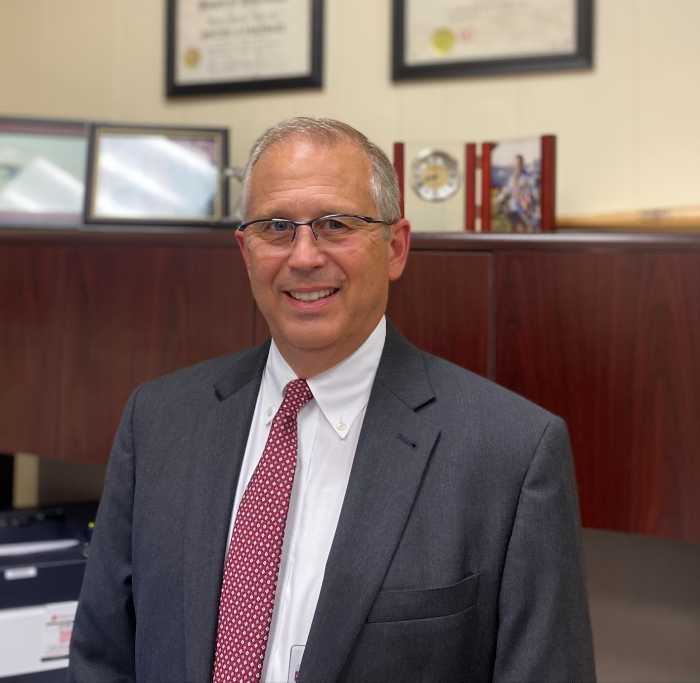
Burton Piper
CEO, Roxborough Memorial Hospital

Burton Piper has more than 22 years of acute care hospital management experience. Prior to Roxborough Memorial Hospital, he owned a healthcare consulting company and assisted hospitals and health systems with operations and strategy services. He also served as executive vice president and chief operating officer at Ephraim McDowell Health in Kentucky for four years. Burton earned his PharmD from Mercer University College of Pharmacy and also holds a master’s degree in Business Administration from Ball State University. Burton is a fellow of the American College of Healthcare Executives.
What can Pennsylvania policymakers do to ensure equitable access to quality healthcare?
State policymakers can help advance Pennsylvania’s healthcare system by assisting educational efforts for healthcare professionals. Policymakers should also be seeking to reduce unnecessary ‘paperwork’ by evaluating regulations and, when warranted, reducing such regulations as well as increasing the speed and efficiency of state government offices, such as the State Board of Health. Lastly, policymakers need to evaluate programs to ensure the protection of ‘at-risk’ hospitals in both urban and rural areas.
When and why did you decide to pursue a career in healthcare?
When I graduated high school, I began to pursue a degree in mechanical engineering. Two years into that endeavor, I decided to pursue a career in healthcare instead, choosing to major in pharmacy. While mechanical engineering is a noble profession, I felt I could better help people as a healthcare professional. A few years later, I pursued a master’s degree in Business Administration and began putting my clinical and business background to work in healthcare administration.
How do you see the healthcare industry evolving in the next five years?
The future of healthcare is both exciting and concerning. Technological changes, greater access to information, and advances in drugs and biology will enable us to better treat and, in some cases, cure a vast number of diseases. For the next few years, healthcare staffing will continue to be challenging. The pandemic showed a vulnerability regarding staffing needs and staffing supply. But there will be more opportunities in a variety of fields such as nursing and medical practice.
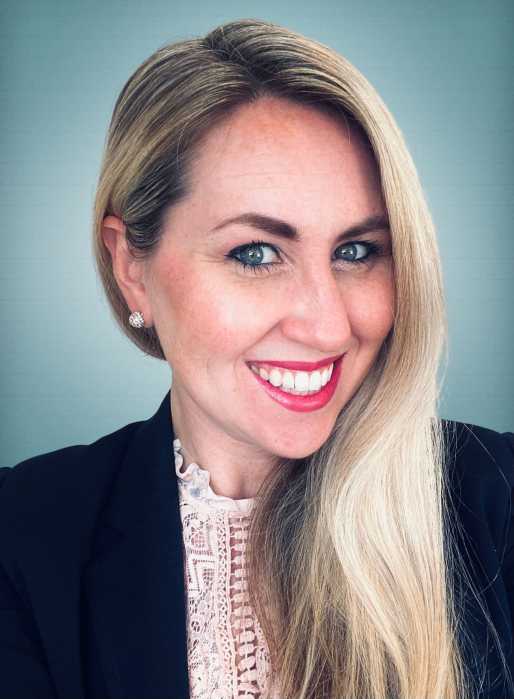
Nichelle Porto
President, Plasma Services Group

Nichelle Porto is the president of Plasma Services Group, a critical source of disease-state plasma for the global diagnostic industry. Nichelle champions diagnostic innovation by providing people with rare and challenging diseases and disorders a chance to participate in diagnostic research, and leads with passion and integrity. As a 2005 graduate of St. Joseph’s University with a bachelor’s degree in Chemistry and Latin, she is committed to inclusive, patient-focused research that advances diagnostic testing globally.
How do you see the healthcare industry evolving in the next five years?
With the advancement of personalized medicine, I see healthcare evolving into a more individualized and inclusive experience resulting in better health outcomes for all patients. Patient participation in research is crucial in this evolution, and it’s my goal to have PSG create a critical link between patients and IVD research.
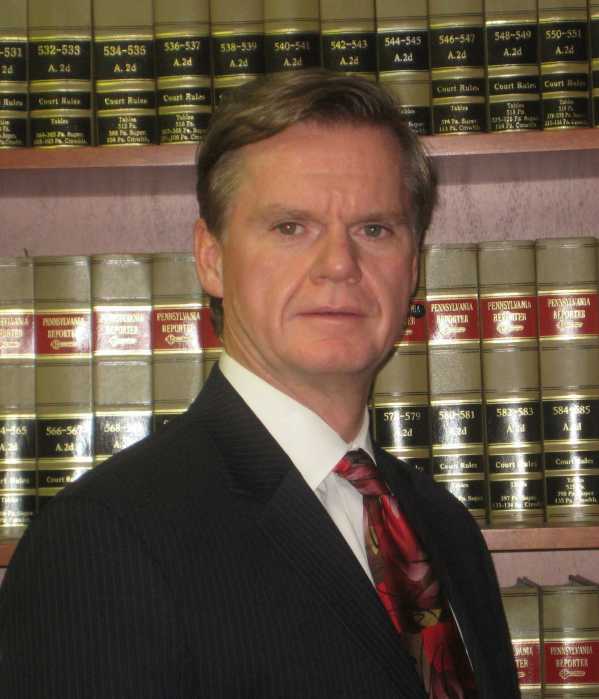
Brian E. Quinn
Managing Attorney, Law Offices of Brian E. Quinn

Brian E. Quinn, Esq., graduated from St. Joseph’s University and Temple University Beasley School of Law in 1984. He began his career with a concentration in criminal defense, and over the past 30 years, he has developed a specialty in representing healthcare professionals in criminal cases and disciplinary proceedings before the Pennsylvania Bureau of Professional and Occupational Affairs. He works with psychiatrists, psychologists, and addiction specialists in advocating for mitigation in criminal and professional licensing matters and has built his career on protecting the rights of healthcare practitioners.
What can Pennsylvania policymakers do to ensure equitable access to quality healthcare?
There cannot be any meaningful discussion about quality healthcare without considering the needs of the healthcare workers who service it. Healthcare experts generally agree that the pandemic has dramatically impacted the well-being of healthcare workers. Increased patient caseloads, excessive work hours, fear of exposure to COVID-19, and bearing witness to unprecedented death and suffering have all led to increased stress, depression, anxiety, trauma, and burnout. Consequently, I am seeing an increase in instances of poor judgment, self-medicating, and acting out in ways that violate the respective board’s licensure rules, triggering the Board’s filing for suspension, or even worse, license revocation.
While acknowledging that patient care is paramount, we must encourage healthcare workers to seek help and make help available without jeopardizing the healthcare worker’s employment. At the same time, we must also protect practitioners’ rights when navigating through the board’s extensive disciplinary proceedings. Mitigation plays a crucial role in both criminal and professional licensing forums. In many instances, criminal charges are also filed and a healthcare worker pleads guilty not understanding the impact on their professional license. Should a healthcare worker be facing criminal charges or disciplinary charges by the board, it is imperative they seek legal representation.
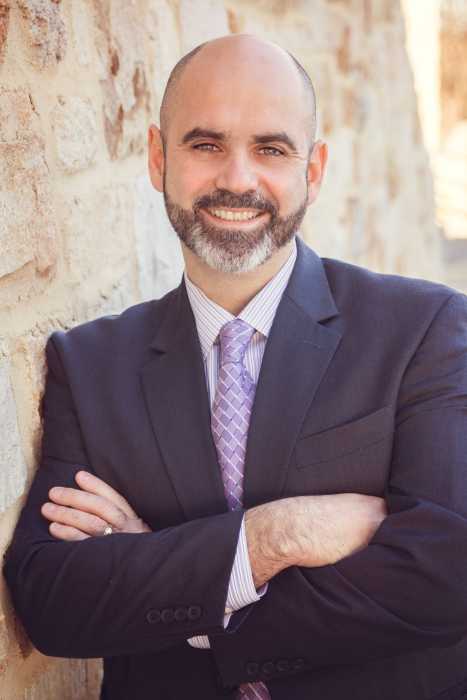
Martin Raniowski
CEO, Pennsylvania Medical Society

Martin Raniowski is the CEO of the Pennsylvania Medical Society, a physician association comprised of nearly 20,000 members. In his current role, Martin has championed the expansion of telehealth, access to care, health equity, and physician wellness. Prior to PAMED, Martin was the deputy secretary for the Pennsylvania Department of Health. He also has worked for the American Heart Association, MultiState Associates, and the Pennsylvania House of Representatives Health and Human Services Committee.
What can Pennsylvania policymakers do to ensure equitable access to quality healthcare?
Use science and variable scientific data to shape healthcare policy. Data can show disparities in care and provide guidance on where to focus limited resources. Policymakers should bring patients, providers, and advocates to the table as policy is being developed. The only way towards equity is to allow everyone to have a voice.
How do you see the healthcare industry evolving in the next five years?
Technology will continue to have a large impact on healthcare. Telehealth and robotics will allow for great access to care, particularly for specialty services. AI will be another tool to assist healthcare providers to assess and possibly diagnose more quickly. Further development of individualized medicine will allow for precise and personalized care by tailoring treatments or therapies based on what will provide the best response for that specific patient.
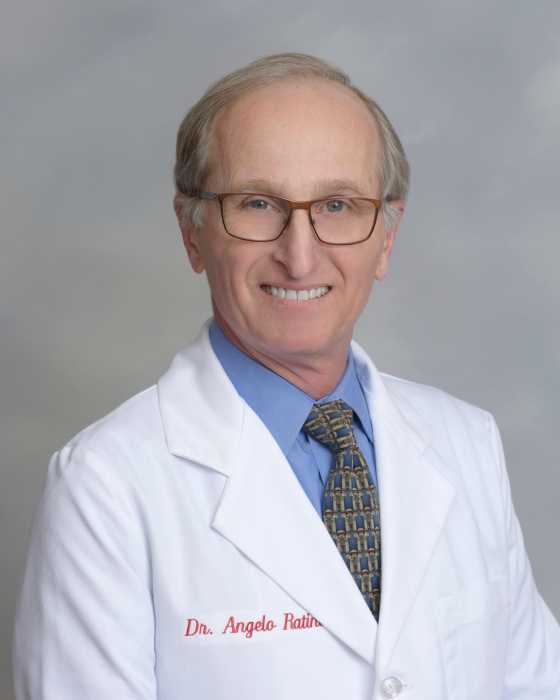
Angelo Ratini
Family Medicine and Geriatric Medicine Doctor, Lower Bucks Hospital

Dr. Angelo Ratini comes to Lower Bucks Hospital from Holy Redeemer Family Practice, where he specialized in family medicine. Prior to this, Dr. Ratini was at Lower Bucks Hospital as department chairman of family medicine and clinical trainer of the Family Medicine Residency Program. He is board-certified in family medicine by the American Osteopathic Board of Family Physicians with a certificate of added qualification in geriatrics. He is a graduate of the West Virginia School of Osteopathic Medicine and completed his residency at the Delaware Valley Medical Center.
What can Pennsylvania policymakers do to ensure equitable access to quality healthcare?
We need Medicare for all health coverage so that people do not have to wait until they are very ill to seek treatment. Other things that need to be addressed include reducing drug costs so people do not have to ration their medications, a reduction of administrative burdens, reforming medical liability to encourage physicians to stay in Pennsylvania, and the expansion of residency programs to alleviate the growing shortage of physicians.
When and why did you decide to pursue a career in healthcare?
My interest in science and my desire to have a positive effect on people’s lives led me to medicine.
How do you see the healthcare industry evolving in the next five years?
I see the public demanding expansion of online healthcare services and telehealth visits.
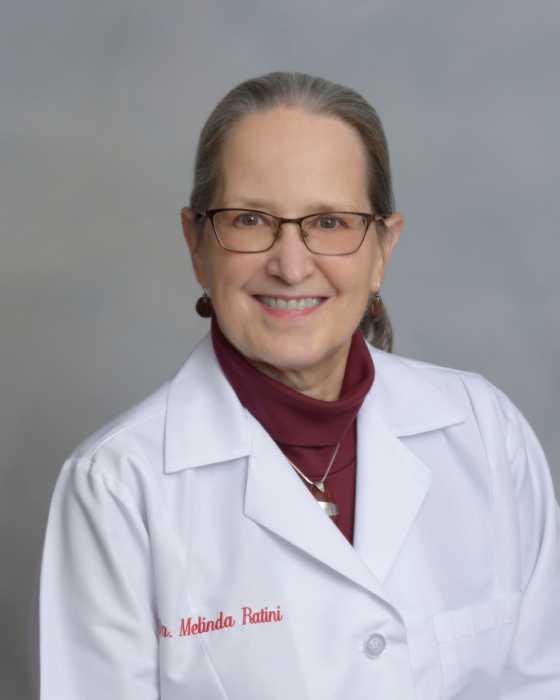
Melinda Ratini
Family Medicine and Geriatric Medicine Doctor, Lower Bucks Hospital

Dr. Melinda Ratini specializes in geriatric medicine and is board-certified by the American Osteopathic Board of Family Physicians in family medicine with a certificate of added qualification in geriatrics. She is a graduate of the West Virginia School of Osteopathic Medicine and completed her residency at the Delaware Valley Medical Center.
What can Pennsylvania policymakers do to ensure equitable access to quality healthcare?
Lawmakers must work towards expanding Medicare to cover all, address physician and mental health provider shortages, work to address bias and stigma that are inherent in our healthcare system, continue to support telehealth, which provides care for persons with transportation and financial constraints, provide access to more translators and interpreter services, works towards a single EMR, and work to rein in drug costs and insurance costs.
When and why did you decide to pursue a career in healthcare?
I wanted to work in a field that combined service to the community and science.
How do you see the healthcare industry evolving in the next five years?
Society as a whole is becoming more aware of barriers to healthcare that need to be dismantled and changes that need to be addressed, including health risks from food insecurity, climate change, institutional racism, accessibility of firearms, and other environmental issues.
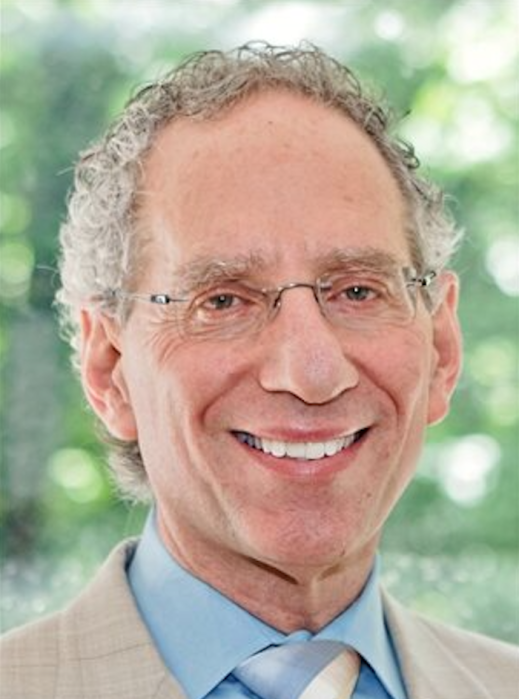
Leon Rosenberg
Owner, Center for Emotional Fitness

Dr. Leon Rosenberg graduated from Harvard University in 1974 and went on to receive his doctorate degree from SUNY Upstate Medical University in 1978. He is a published author and is board-certified by the American Board of Psychiatry and Neurology. Dr. Rosenberg has been the medical director of his private practice, Center for Emotional Fitness, since 1983. Additionally, he has been conducting clinical trials in psychiatric medicine since 1995, and has been the principal investigator of over 190 clinical trials. Dr. Rosenberg spends his personal time with family, and enjoys exercising and gardening.
What can Pennsylvania policymakers do to ensure equitable access to quality healthcare?
Eliminate disparities based on race, ethnicity, primary language, and income by reforming and investing in healthcare infrastructure. Incorporate healthcare workforce development and training programs with the goal of promoting diversity. Use social media for networking and disseminating health information. Enact and enforce parity laws between mental health and other medical health. Focus on promoting healthy living through diet, exercise, and lifestyle.
When and why did you decide to pursue a career in healthcare?
My grandmother had depression. As a child, I watched her struggle because of the devastating effects of the disease. I wanted to make her ‘better,’ but didn’t know how to. I think the feeling of helplessness led me to this calling. I wanted to be able to help people and impact their lives positively.
How do you see the healthcare industry evolving in the next five years?
Healthcare is a complex industry. Changes in healthcare usually begin at the legislative level. There must be a bipartisan approach to improving the healthcare system. It is imperative that healthcare providers play a more active role in this process.
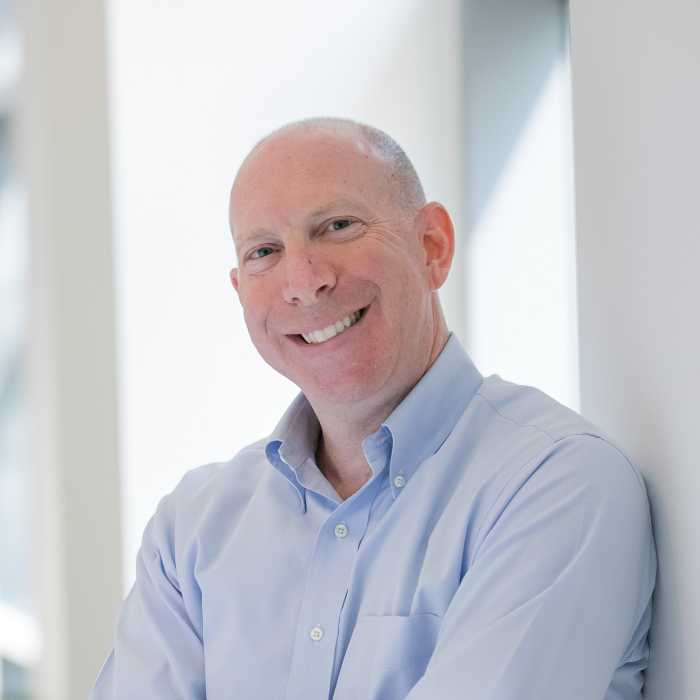
Ken Ross
Director of Biomedical Engineering and Asset Management, Quest Diagnostics

Ken Ross is the director of biomedical engineering and asset management for eight esoteric labs at the largest lab network in the US, Quest Diagnostics. Ken, an automation expert, helped Quest design and build two labs, including the largest in the Western hemisphere. During the pandemic, he served on a task force to automate sample pooling, which dramatically expanded the nation’s COVID-19 molecular testing capacity. Prior to Quest, Ken spent nine years at the ECRI Institute’s headquarters in Plymouth Meeting, where he provided strategic technology planning services to leading hospitals in Philadelphia and nationwide.
What can Pennsylvania policymakers do to ensure equitable access to quality healthcare?
Price transparency is critical for the consumer. Pennsylvania should require the disclosure of costs from various healthcare providers for services that are not completely covered by their insurer. Whether it’s a routine blood panel or a major corrective surgery, insured Pennsylvanians should not be surprised by charges caused by hospital affiliations.
When and why did you decide to pursue a career in healthcare?
Believe it or not, my desire to pursue biomedical engineering is a direct result of my childhood fascination with The Six Million Dollar Man. Who wouldn’t want to rebuild Steve Austin ‘better, stronger, faster’? That engineering background has been the foundation for my career; biomedical engineer, medical equipment tester, accident investigator, healthcare consultant, procurement, and now management.
How do you see the healthcare industry evolving in the next five years?
Healthcare will continue to consolidate and will look to invest in automation to help deliver the quality, reliability, and cost savings necessary in this highly competitive, managed care economy. After installing four of the world’s largest automation systems, I see the need for commercial labs growing.
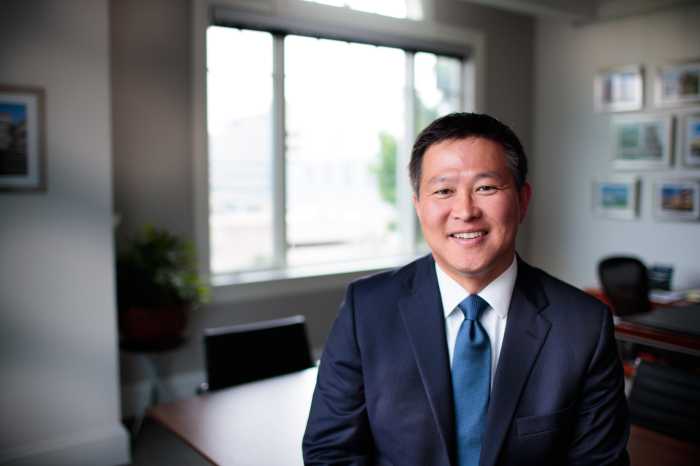
Jaewon Ryu
President and CEO, Geisinger

Dr. Jaewon Ryu, MD, JD, is the president and CEO of Geisinger, an integrated delivery system with an established health plan, graduate and undergraduate medical education facilities, and research and innovation functions operating in Pennsylvania. He initially joined the organization as the executive vice president and chief medical officer in 2016. Dr. Ryu earned a bachelor’s degree from Yale University and his MD and JD from the University of Chicago. He completed his residency training in emergency medicine at Harbor-UCLA Medical Center.
What can Pennsylvania policymakers do to ensure equitable access to quality healthcare?
We are big supporters of any policy that continues to accelerate the move to value-based care and payment. At Geisinger, we have seen firsthand that these models make it easier to deliver the kind of all-inclusive care that so many people can benefit from. It allows us to focus on total health, including wellness and prevention, and also social factors that can impact people’s health. By doing this, we know patients can fully realize the benefits of the triple aim–quality, experience, and affordability.
When and why did you decide to pursue a career in healthcare?
I’ve had a bit of a ‘zig-zaggy’ journey into healthcare, including earlier paths through teaching, community service, and the legal profession. But the common theme that drew me to those areas was an interest in the role of public policy in impacting the lives of people and communities, and the feeling that we can make a difference through those policies. And that same sentiment led me to healthcare, since it is such a big part of a person’s well-being, but also a community’s ability to thrive. On top of that, there’s something uniquely personal about taking care of someone’s health needs, which is one of the things I enjoyed most about practicing as an ER physician, and it carries over to this day, even as my role has changed over time.
How do you see the healthcare industry evolving in the next five years?
We’ve come a long way in the last five years, innovating faster than anyone ever imagined even during immense challenges. I’m hopeful that the next five years will bring even more positive and meaningful changes for the health of our communities. Whether those are changes in how care is delivered, where it is delivered, how it is financed, and even in how it might be avoided and prevented altogether, I think we’ll continue to see big steps on all those fronts.


